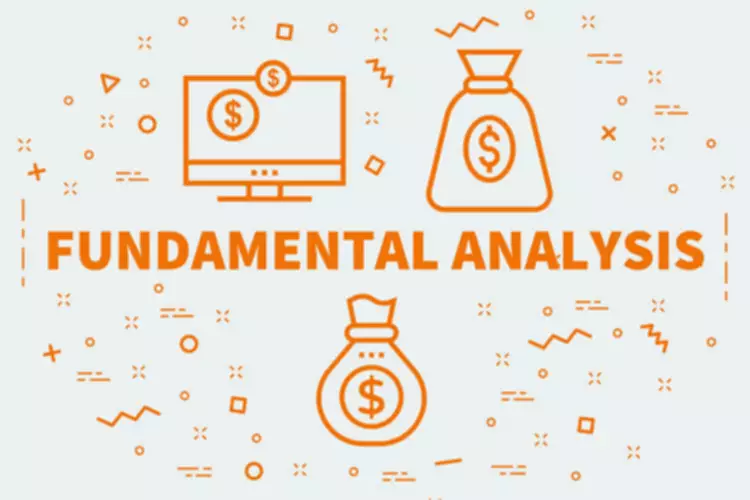States That Do Not Tax Earned Income

It has passed legislation to begin phasing out that tax starting in 2024 and ending in 2027. En español | Saving for retirement is important, but saving money in retirement is important, too. One possible way to save money is to move to a state with no income tax. For retirees, that can mean no state tax on Social Security benefits, pensions and other sources of retirement income. New Hampshire does not tax earned income but does tax dividends and interest. New Hampshire’s Senate passed legislation to phase out the investment income tax by 1% per year over five years, with full implementation by 2027.
- In addition to the personal income tax rates, Delaware imposes a tax on lump-sum distributions.
- The state collects no income tax, no death taxes, and one of the largest taxes paid by residents contributes solely to the local governments.
- With a booming tourist economy, Florida is able to make up the majority of their revenue needs through these taxes.
- Rates shown are for 2011 because 2012 rates not currently available.California1.0%9.3% minus $2,396.786$7,455$48,943Brackets indexed for inflation annually.
- You might not have to worry about higher property taxes if you don’t plan on owning a home.
- For single taxpayers with AGI below $23,500, the standard deduction is $2,500.
If someone owns a permanent residence for themselves or one of their dependents, they are eligible to receive an exemption of up to $50,000. The first $25,000 applies to all property taxes, including school district taxes. Any additional exemption is only applied to non-school taxes.
Use Tax
In fact, with 10 different tax rates, California has a very progressive income tax system. Our middle-income family, for instance, only fell into the state’s 6% tax bracket. In the meantime, the Volunteer State will continue to rely on its high sales tax rates and sin taxes for revenue. It also currently has the highest state tax rate on beer at $1.29. While there’s no state sales tax, the Granite State does levy excise taxes, including one on alcohol sales. New Hampshire’s average effective property tax rate of 2.05% is one of the highest in the nation.

The charge must be uniform against all real property in the jurisdiction at a like rate. In other cases, states with no income tax don’t have the same ability to invest in services like education, infrastructure or health care as other states. These are all factors to keep in mind before moving to a no-income-tax state.
Total Tax Burden: 5.74%
All investing involves risk, including loss of principal. Working with an adviser may come with potential downsides such as payment of fees . There are no guarantees that working with an adviser will yield positive returns. The existence of a fiduciary duty does not prevent the rise of potential conflicts of interest. Lauren Perez, CEPF®Lauren Perez writes on a variety of personal finance topics for SmartAsset, with a special expertise in savings, banking and credit cards.

This may require other sources to be higher compared to states with state income tax. Depending on your lifestyle, you may be able to get away with avoiding some of these other taxes, but it will depend on the state in question. If you find yourself in the top federal tax bracket of 37% , you may already think that is a large enough pill to swallow.
States with the highest and lowest property taxes
The state’s top income tax rate of 6.6% hits anyone with more than $60,000 of taxable income, which is a comparatively high rate for people in that income range. Your hard-earned money is safe from state income tax if you live in one of these states…but watch out for other state and local taxes.
How does Florida afford no income tax?
Because the state does not levy a personal income tax — which helps to mitigate inequality — it relies heavily on consumption (sales and excise) taxes for revenue.
Municipalities such as Columbus and Cincinnati sometimes also collect for neighboring towns and villages. Every state, including those with no income tax, has a state taxing authority with power to examine and adjust returns filed with it. Most tax authorities have appeals procedures for audits, and all states permit taxpayers to go to court in disputes with the tax authorities. All states have a statute of limitations state income tax rates prohibiting the state from adjusting taxes beyond a certain period following filing returns. In addition to federal income tax collected by the United States, most individual U.S. states collect a state income tax. Some local governments also impose an income tax, often based on state income tax calculations. Forty-two states and many localities in the United States impose an income tax on individuals.
Articoli recenti
Categorie
- 1win
- adult chat dating sites
- Are Mail Order Brides Legal
- Are Mail Order Brides Real
- asian women dating
- Bahsegel
- best dating sites
- best latin dating platform
- best mail order brides
- best mail order brides sites
- Best Nationality Man To Datehttps://3.bp.blogspot.com/-kBknlnppsDo/VogAaAUQObI/AAAAAAAAGIQ/GwgzMkHTbi4/s400/beautiful-bbw-13_mini.jpg|loving someone long distance
- Best Way To Meet Single Women
- Bettilt
- Bitcoin Exchange
- Bitcoin News
- Bitcoin Price
- Bookkeeping
- buy a wife
- casino
- casyno
- Chatbots Reviews
- chinese dating
- Crypto News
- Cryptocurrency News
- Cryptocurrency service
- dating
- Dating Foreign Women
- Education
- FinTech
- Forex Review
- free dating sites
- hookup friend finder
- hookup online
- Hookup Sites
- hookup tips
- Hookup Websites
- IT Vacancies
- IT Образование
- japanese women
- kasyno
- kasyno online blik
- mail order bride
- Marriage Certificate Requirements
- news
- online dating
- Online Hookup Sites
- Paribahis
- Parimatch
- Payday Loans
- polish women
- Sober living
- Software development
- sugar dating
- top hookup dating sites
- Uncategorized
- What Are Russian Women Like
- Who Can Witness A Marriage Certificate
- women dating
- Микрокредит
- Финтех
- Форекс обучение